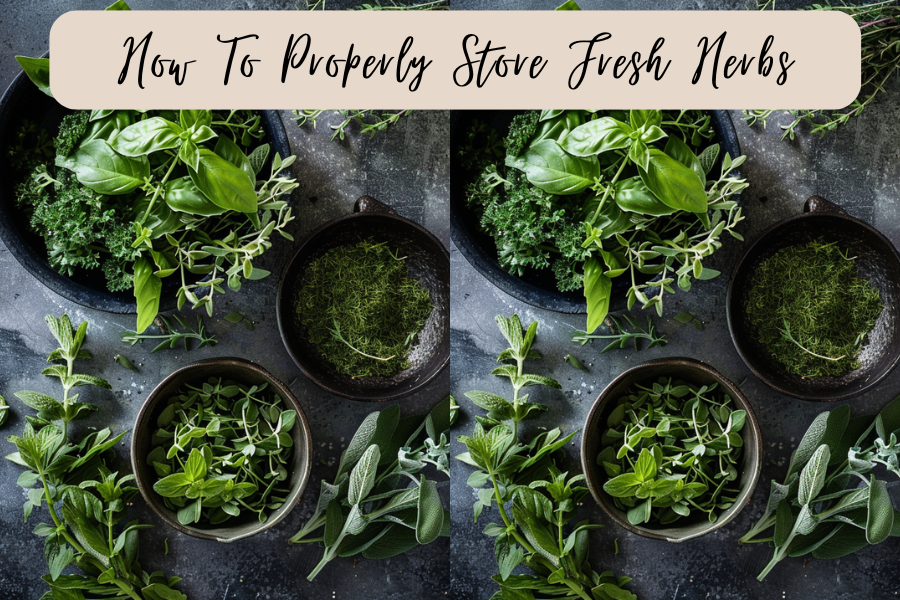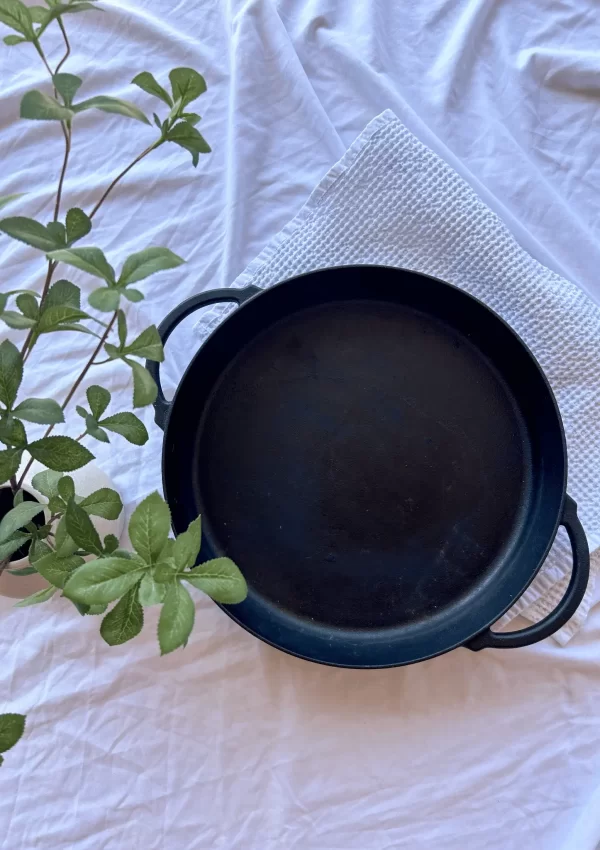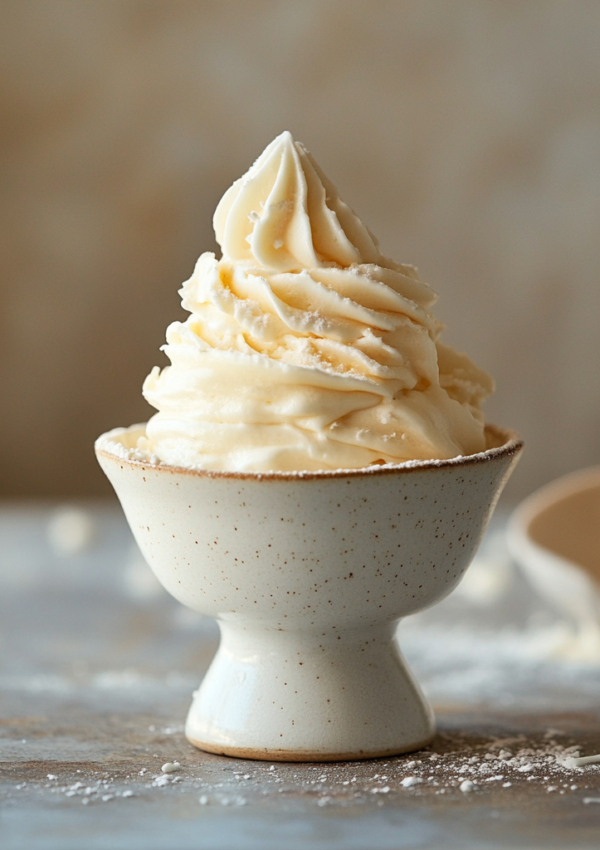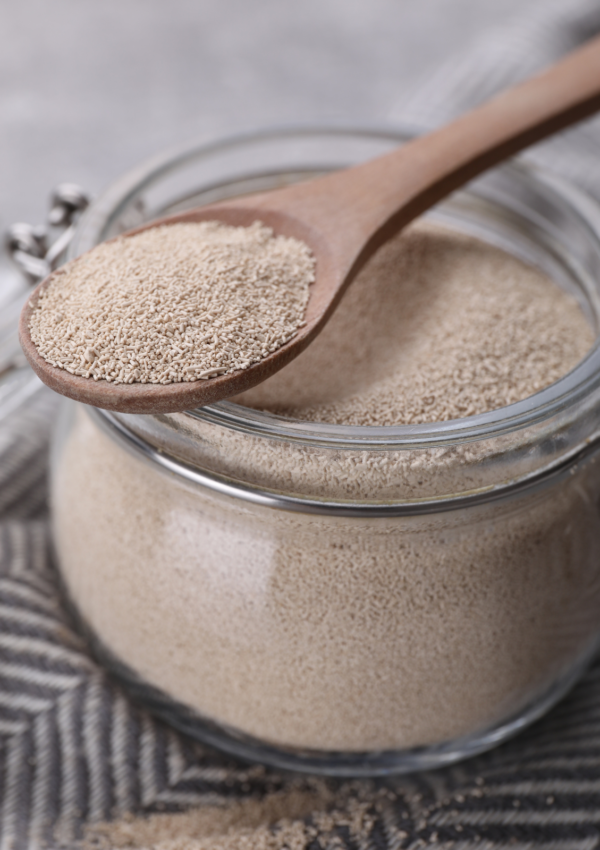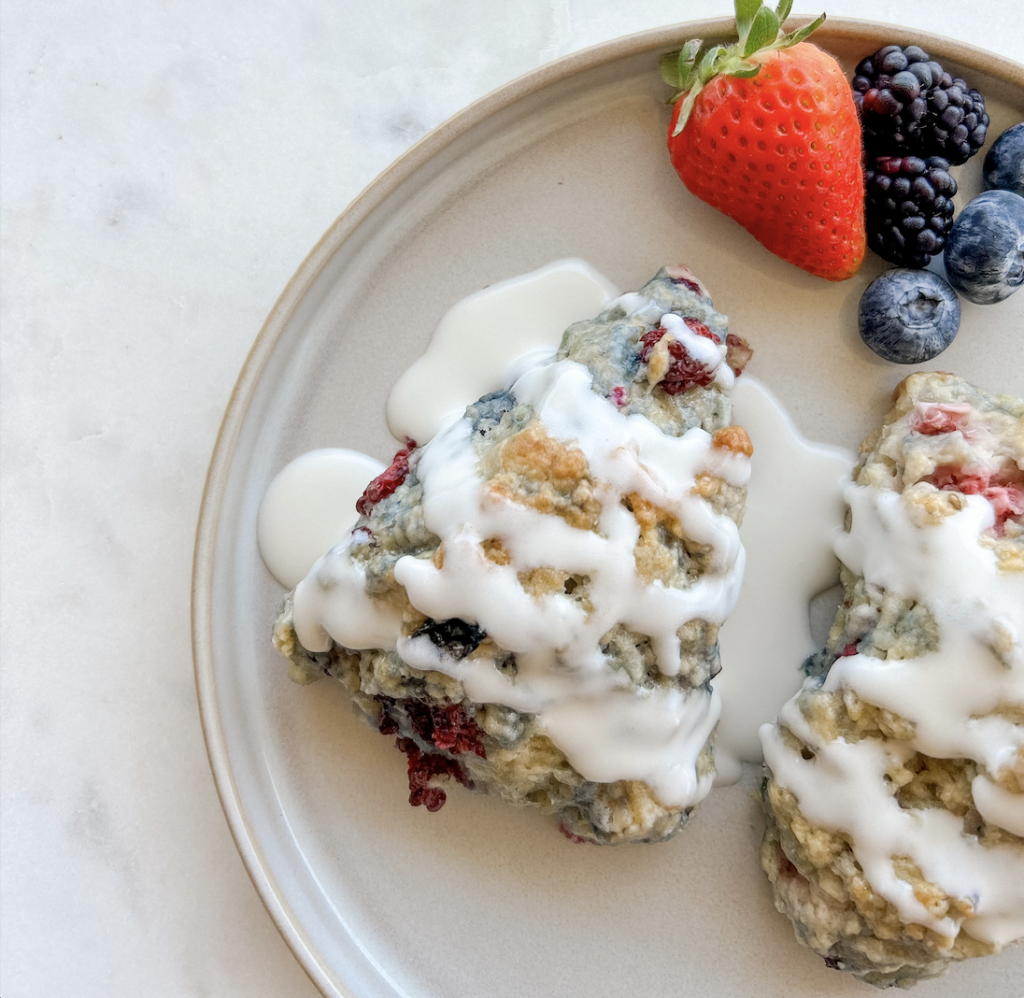Fresh herbs can transform any dish from ordinary to extraordinary, adding vibrant flavors and aromas. However, they can be a bit tricky to store. Don’t worry, though—I’ve got all the tips and tricks you need to keep your herbs fresh and fabulous! Let’s dive into the world of fresh herbs, from their unique tastes and smells to the best ways to store them and how to use them in your cooking.
P.S. Don’t forget to check out my entire line of salt & sugar-free, culturally inspired seasonings while you are here!
This post is all about herb storage!
Why Proper Herb Storage Matters
Properly storing fresh herbs is crucial for several reasons:
- Flavor Preservation: Fresh herbs have a more potent flavor than dried ones. Storing them correctly ensures they maintain their flavor longer.
- Longevity: Fresh herbs can wilt and spoil quickly. Proper storage extends their life, saving you money and reducing waste.
- Nutrient Retention: Fresh herbs are packed with vitamins and antioxidants. Proper storage helps retain these nutrients.
Common Herbs, Their Flavors, and How to Store Them
1. Basil
- Smell and Taste: Sweet, slightly peppery, with a hint of mint and clove.
- Pairs Well With: Tomatoes, garlic, olive oil, and mozzarella. Think Caprese salad and pesto!
- Storage Tips: Treat basil like fresh flowers. Trim the stems and place them in a glass of water. Cover loosely with a plastic bag and leave it on the countertop. Do not refrigerate as basil is sensitive to cold.
2. Cilantro
- Smell and Taste: Bright, citrusy, with a slightly peppery flavor.
- Pairs Well With: Mexican, Thai, and Indian dishes, salsa, and guacamole.
- Storage Tips: Trim the stems and place the cilantro in a glass of water. Cover loosely with a plastic bag and store in the refrigerator. Change the water every couple of days to keep it fresh.
3. Parsley
- Smell and Taste: Fresh, slightly peppery, and a bit grassy.
- Pairs Well With: Potatoes, fish, chicken, and as a garnish for almost any dish.
- Storage Tips: Wrap parsley in a damp paper towel and place it in a resealable plastic bag. Store in the refrigerator. Alternatively, you can place it in a glass of water like cilantro.
4. Thyme
- Smell and Taste: Earthy, lemony, with a slight minty flavor.
- Pairs Well With: Roasted meats, vegetables, stews, and soups.
- Storage Tips: Wrap thyme in a damp paper towel and place it in a resealable plastic bag. Store in the refrigerator.
[the_ad id=”3378″]
5. Rosemary
- Smell and Taste: Pine-like, woody, and slightly minty.
- Pairs Well With: Lamb, pork, chicken, and roasted potatoes.
- Storage Tips: Wrap rosemary in a damp paper towel and place it in a resealable plastic bag. Store in the refrigerator.
6. Mint
- Smell and Taste: Refreshing, cool, and slightly sweet.
- Pairs Well With: Lamb, desserts, beverages, and fruit salads.
- Storage Tips: Trim the stems and place mint in a glass of water. Cover loosely with a plastic bag and store in the refrigerator.
7. Dill
- Smell and Taste: Fresh, tangy, with a hint of anise.
- Pairs Well With: Fish, potatoes, yogurt-based sauces, and pickles.
- Storage Tips: Wrap dill in a damp paper towel and place it in a resealable plastic bag. Store in the refrigerator.
[the_ad id=”3378″]
Fresh vs. Dried Herbs: Pros and Cons
Fresh Herbs
- Pros: Intense flavor, vibrant color, and rich aroma. Great for garnishes and recipes that benefit from their fresh taste.
- Cons: Short shelf life, more expensive, and require proper storage.
Dried Herbs
- Pros: Longer shelf life, more cost-effective, and convenient. Ideal for slow-cooked dishes like soups and stews. (We may be biased, but our line of dried herb & spice blends are the BEST you will ever try *wink wink*)
- Cons: Less potent flavor, color, and aroma. Can become stale if not stored properly.
Tips for Storing Fresh Herbs
- Humidity Control: Most fresh herbs prefer a bit of moisture to stay fresh. Wrapping them in damp paper towels helps maintain the right level of humidity.
- Avoiding Excess Moisture: While a bit of moisture is good, too much can cause herbs to rot. Ensure herbs are not soggy before storing them.
- Proper Containers: Use resealable plastic bags, glass jars, or herb keepers to store herbs. These help maintain humidity and protect herbs from cold damage.
- Regular Checks: Check stored herbs regularly for signs of wilting or mold. Remove any damaged parts to prevent spoilage.
Properly storing fresh herbs is essential to keep their flavors and aromas intact. Whether you’re using them to garnish a dish or to add depth to your cooking, following these storage tips will ensure your herbs stay fresh and flavorful. Enjoy the vibrant, aromatic world of fresh herbs and elevate your culinary creations!
[the_ad id=”3378″]
This post was all about Herb Storage!
Ready to elevate your cooking with fresh herbs? Try out these tips and let us know how it goes! Make sure to tag me @thespicegirlkitchen_ on Instagram or @thespicegirlkitchen on TikTok!

